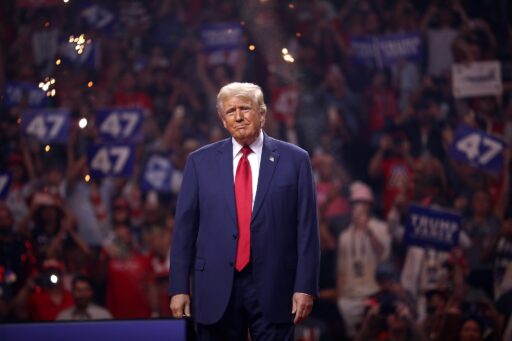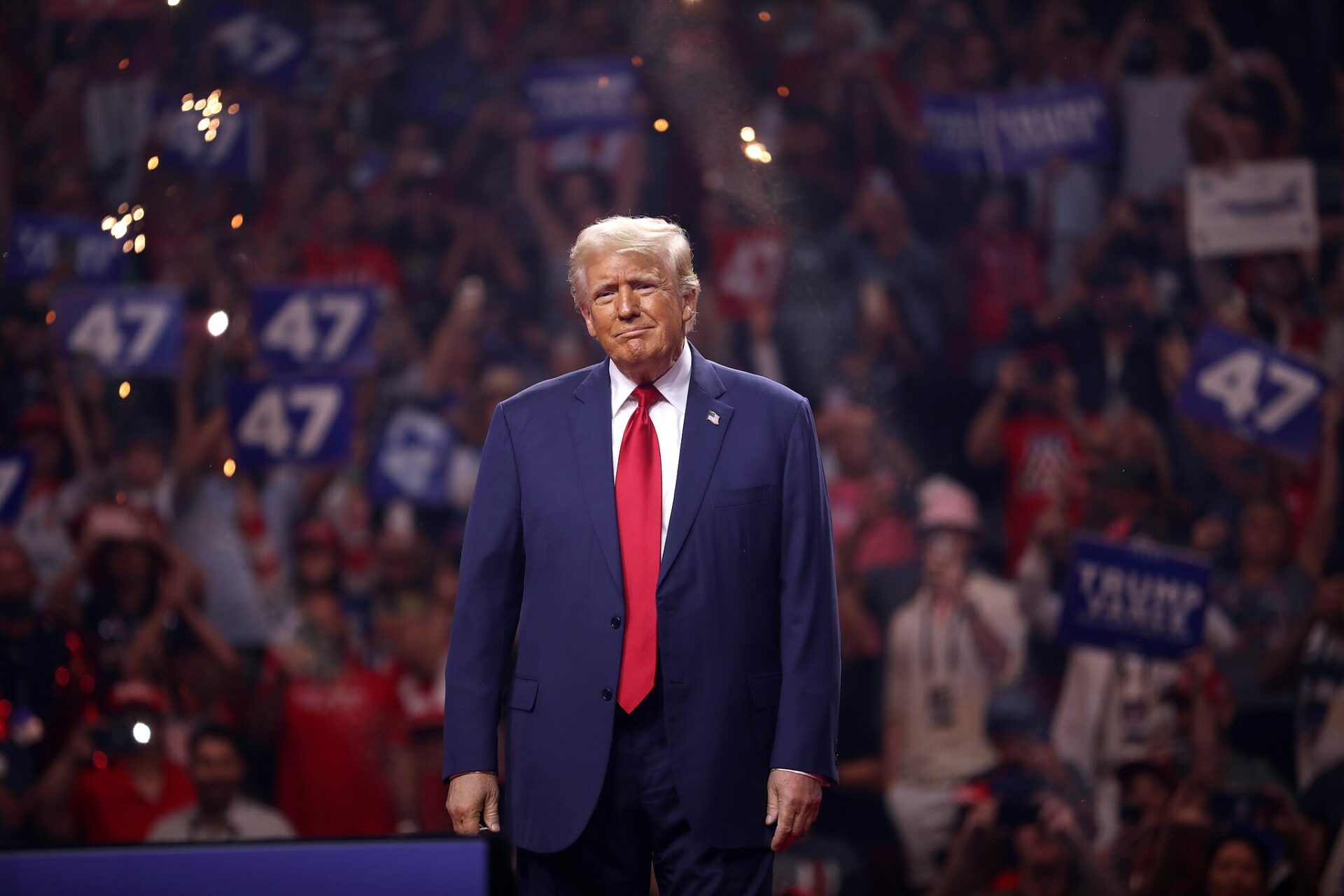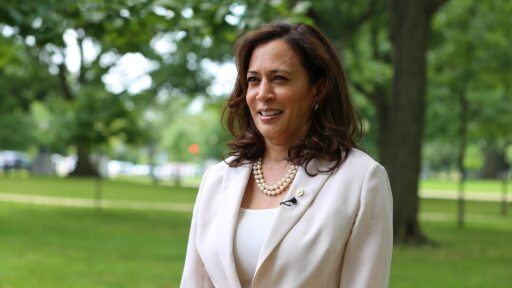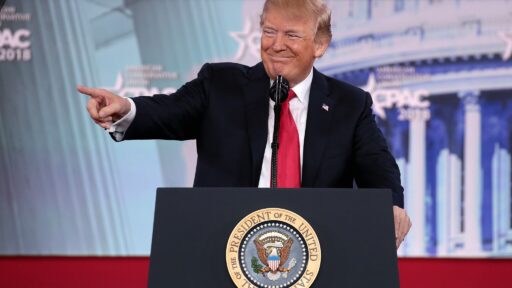Trump’s Feud With Music Groups Growing
Several prominent musicians have recently expressed strong objections to former President Donald Trump’s use of their music at his campaign rallies. Over the past month, well-known artists such as Jack White, the Foo Fighters, ABBA, and Celine Dion have voiced their discontent with Trump’s campaign using their songs to energize his supporters.
Jack White, frontman of The White Stripes, was particularly vocal after Trump’s team played their hit “Seven Nation Army” at a rally. In a pointed Instagram post, White criticized Trump’s campaign, accusing them of using his music without permission and threatening legal action. He is not alone; the family of the late soul legend Isaac Hayes also filed a $3 million lawsuit over the use of the 1966 Sam & Dave song “Hold On, I’m Coming,” co-written by Hayes, at Trump’s rallies.
The Foo Fighters have taken a different approach to express their disapproval. After discovering that their song “My Hero” was played at a Trump event in Arizona, the band’s spokesperson announced that any royalties from the song would be donated to Vice President Kamala Harris’s campaign. Meanwhile, Trump’s campaign claims they have proper licenses to play these songs, which is typically secured through agreements with performing rights organizations like ASCAP and BMI.
Recent statements from artists such as Celine Dion and ABBA further illustrate the growing trend of musicians rejecting their music’s association with Trump’s campaign. Dion specifically distanced herself from Trump’s use of “My Heart Will Go On,” stating that it was unauthorized and did not reflect her endorsement. Similarly, ABBA requested the removal of their song “The Winner Takes It All” from Trump’s campaign materials, citing unauthorized use.
Despite these objections, some music industry experts suggest that Trump’s campaign may be leveraging the power of music to set a dynamic tone at rallies. Professor Imani Cheers from George Washington University notes that Trump’s campaign might use music to boost enthusiasm and engagement among supporters.
While the ongoing legal disputes and public rejections from artists may seem like a setback for Trump’s campaign, some observers believe these legal battles are often drawn-out and may not result in immediate changes. Entertainment lawyer Kenneth Freundlich points out that while legal action can be a deterrent, many artists choose to go public with their objections, which often leads to a cessation of the song’s use without lengthy court battles.
Ultimately, the growing chorus of artists speaking out against the use of their music by Trump’s campaign reflects broader tensions between personal values and political affiliations. While the Trump campaign continues to draw on popular music to energize his base, the response from the music world underscores the ongoing friction between political messaging and artistic expression.







